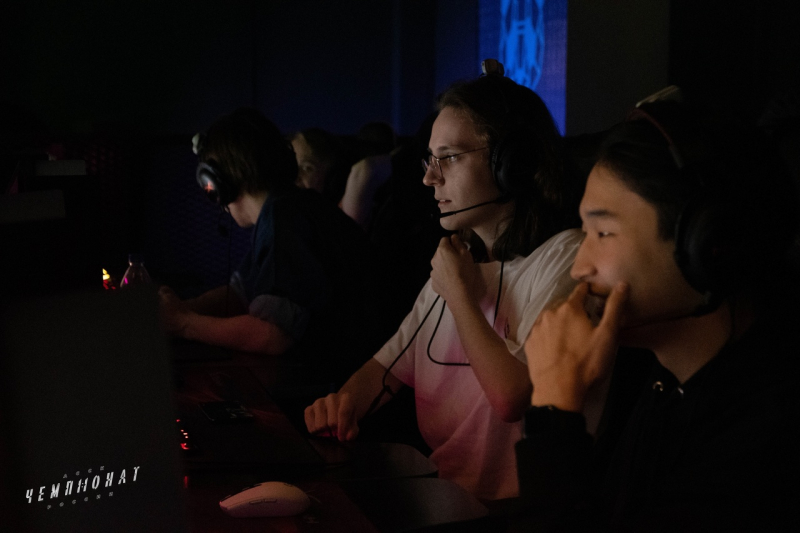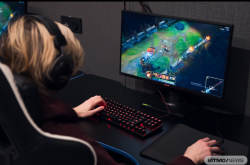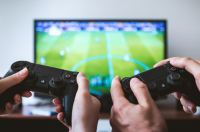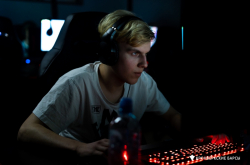How did esports become a part of the curriculum? Is it a popular choice among ITMO students?
I would say that as esports have been gaining momentum and growing into a professional sport, it was natural for the university to introduce it as an option within Physical Education and Sports. ITMO is always keeping up with the trends, be that in the industry or elsewhere, so this step didn’t come as a surprise.
As for the popularity of esports among our students, I would say that our club has about as many members as any other professional-level one.
Currently, esports are only available at a professional level. What do students have to do to get a place on the team?
First of all, we look at a student’s ranking in the game that they want to be playing. However, nearly as important are their teamwork skills. All those interested in joining the university’s teams (there are two squads per each of the club’s 10 disciplines; you can see the full list in the contacts of the club’s VK page – Ed.) will have to take part in tournaments held in each of the disciplines. There, aspiring players compete against each other, determining the best-qualified among them. Our coaches or team captains will then watch the selected players perform and interact with others. It is important that the new player and the team are a good fit, so that both will benefit from the choice: the team will get a reliable member, and the player will have room to grow and develop their skills.
International students are always welcome to take part in the try-outs and join the teams, if a good fit is found. For instance, there are three Vietnamese students on our current League of Legends squad. We train and compete together, and we always find a common language, even if at times it’s a mixture of Russian and English.
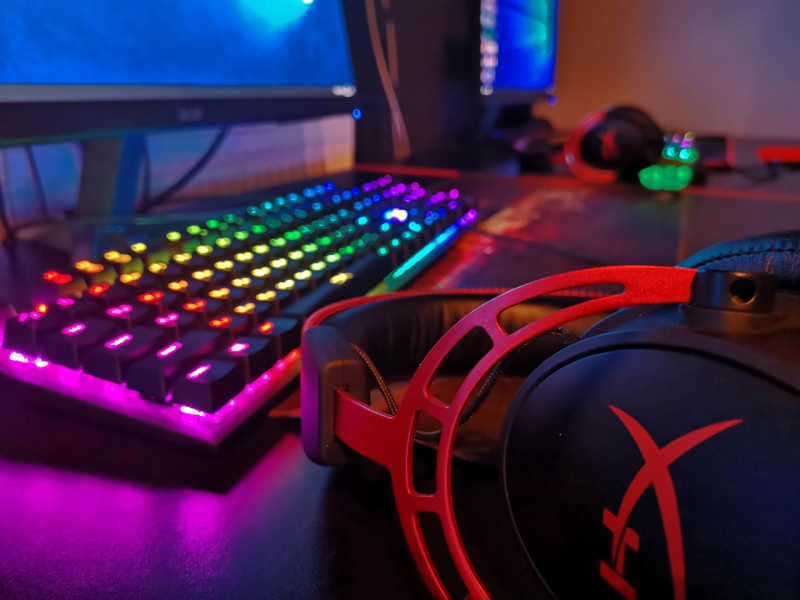
Photo courtesy of ITMO's Esports Club (vk.com/kb_esports)
Are there any options for those who are interested in competing but aren’t at the necessary level yet?
Not at the moment, but we are working on a club for beginners, where our coaches or some of the more experienced players will offer classes in theory and oversee practice sessions.
Another option is to take part in the open tournaments that we hold every semester. The last two times, we let our followers decide what games will be featured at the tournament by voting on our VK page. So, we try to cater to the needs of everyone interested as much as we can.
What do esports classes look like?
One of the perks of these classes is that they can be attended from home and the players can use their own hardware. First, a team finds another one to train with from among all Russian student teams – this is a close-knit community, so there are chats where you can find such training buddies. Then, they log into our club’s Discord channel, conduct their training session, and record it. This usually constitutes the practical part of the classes. Afterwards, the team gets together and analyzes their latest session (this is where the recording comes in handy), either by themselves or with a coach, to see what worked out well and what didn’t and come up with tactics and objectives for the next session. This would be the theoretical aspect, which sometimes also includes watching and analyzing the performance of professional athletes.
The process is similar for individual players, who log into the game and train at their own pace, and then discuss their recorded performance with coaches or others specializing in the same discipline. The club’s managers can check back on the progress of the club’s members to make sure that they are actually putting in the time and effort into their training.
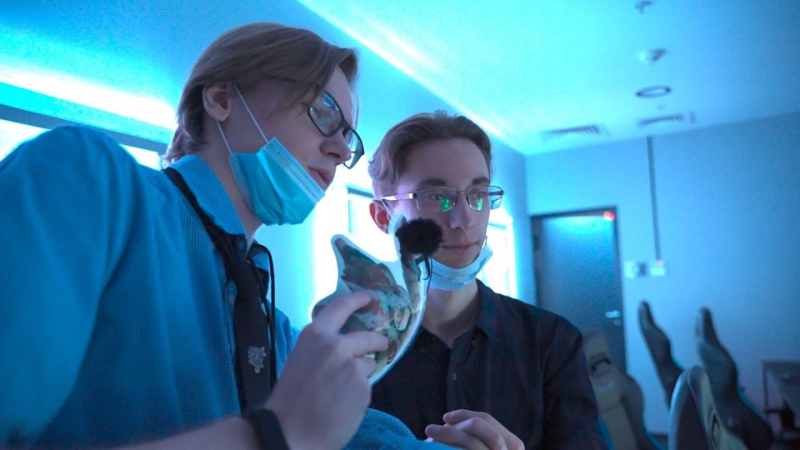
Daniil Kirpichenko (right), the club's manager, and Valery Mironov, the club's main content creator. Photo courtesy of ITMO's Esports Club (vk.com/kb_esports)
Are there any major tournaments that ITMO teams take part in?
Yes, the biggest one of those is the National Students Esports League, which includes several stages and features competitions in the following games: Counter-Strike: Global Offensive (CS:GO), Dota 2, Hearthstone, Clash Royale, and StarCraft II. The organizers have chosen these particular games because they represent different genres, so each of them requires a team with a particular skill set – this way, the winners can be truly considered the best in their category among other student teams in the country. This is the major event that each of our teams is specifically training for every year. And we tend to be quite successful: nearly every year that we’ve competed, we passed the regional selection and proceeded to the main stage of the contest.
Quite recently, the Moscow Students Esports League opened their tournaments to teams from other cities, which means that now we get to take part in two major annual competitions. Last year, our teams used this opportunity to secure the first place in the tournament. Additionally, there are numerous smaller contests and in a greater variety of games, where other members of the club get to shine and represent ITMO. For instance, some of our recent successes are second places in the regionals of University Esports Masters and ILH Events x GGtoor EU Open #55.
Are there any star players at ITMO?
There are quite a few, but not all of them are on the university’s teams. The ones that come to mind are Hassan Mohamed (aka Spark), who competes in FIFA and is in the top 150 in the world. He now coaches a team (not at ITMO) in the discipline. Then there’s Branislav Koritca (aka basya), who competes in Valorant and collaborated with major organizations such as EXiLe eSports and VX300 Gaming.
Photo courtesy of ITMO's Esports Club (vk.com/kb_esports)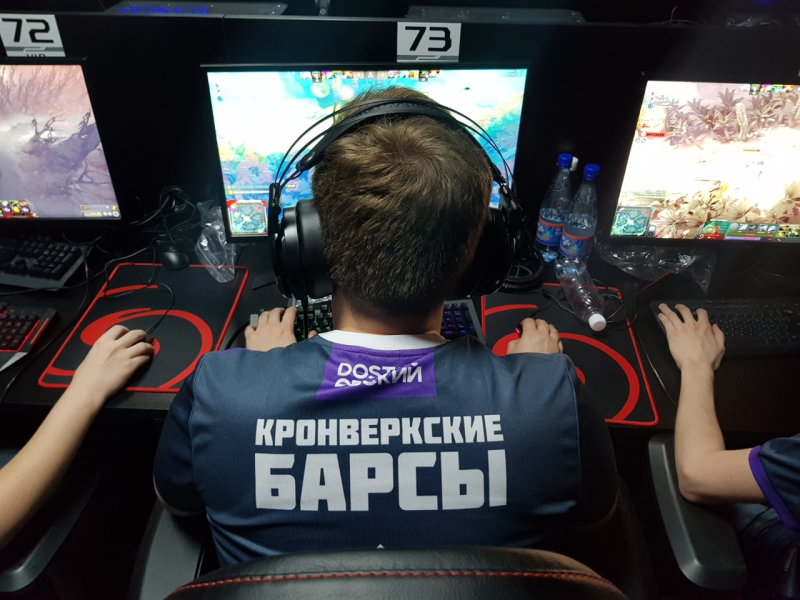
Are students encouraged to take care of their physical well-being despite getting PE credits for esports?
Even though some professional teams have their coaches for gym sessions and maintain their physical form together, we don’t have a club-wide initiative like this – every member is responsible for their own well-being. I am not sure a strict obligation to attend some mandatory training session at a specific time would be the most efficient solution here. After all, we do spend quite some time on esports training and regular classes, so there has to be some room to squeeze in other activities and hobbies as well.
How do you resolve any tensions that happen between players?
If the players have a conflict, they turn to their manager and talk it through. Sometimes they will also come to me to discuss the issue. We usually manage to resolve any tension that occurs or find a solution, such as, for instance, balancing out the main and the second squads to let the conflicting parties train and compete alongside different players. I’d say we’re quite good at solving conflicts amicably.
Photo by Roman Konorev (vk.com/konorevroman) for ITMO's Esports Club (vk.com/kb_esports)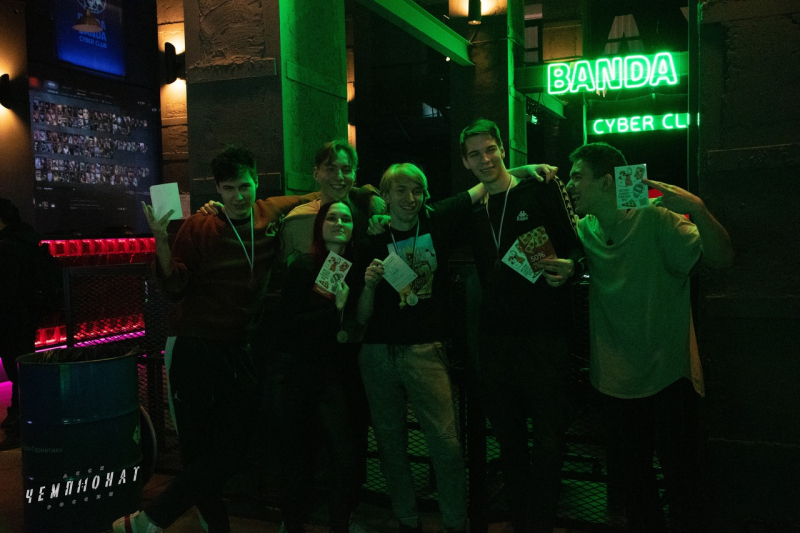
Would you say that there is an esports community at ITMO?
I’d say that we are rather a bunch of communities within the club. It’s true that we all are very friendly with each other and no one will be left to their own devices, we all have one big chat for banter and important announcements, and it is also true that each member communicates most with those who are interested or engaged in their own discipline – so their team, coach, and manager.
Is it the same to be a gamer and an esports athlete?
Actually, you can be both or you can be just one of those things. For instance, some professional athletes treat it as, well, a job, meaning that they are passionate about the mental exercise their game involves but they are not that into other games. But it can also be the case that you compete and appreciate non-competitive games for various aspects or for being a distraction from your main activity.
What advice would you give to amateurs wishing to compete professionally?
The difference between amateurs and professional players is that the latter try to structure their games, they have their goals and tasks. So, if you want to compete, you shouldn’t just log into the game to pass some time or take the one familiar route you know. Instead, try playing mindfully: do you have a common mistake that you make? Is there a way to fix it? Then, you can test different strategies and find the best one. Start every gaming session with a goal, however small, analyze your actions, and strive to get better every time.
You can follow the club’s activities on VK and Discord to never miss another open tournament or try-outs!
